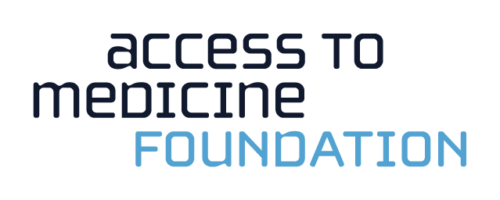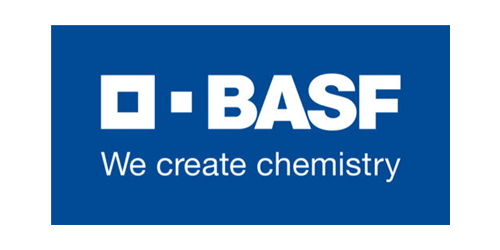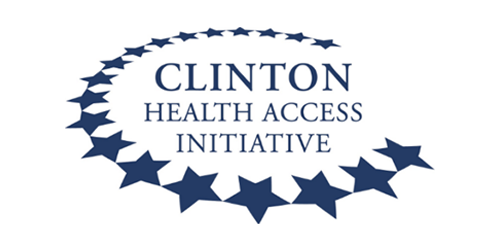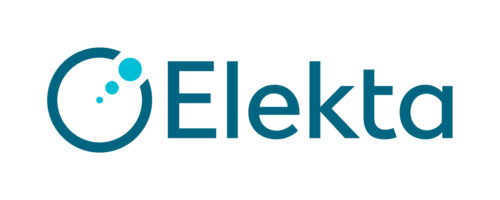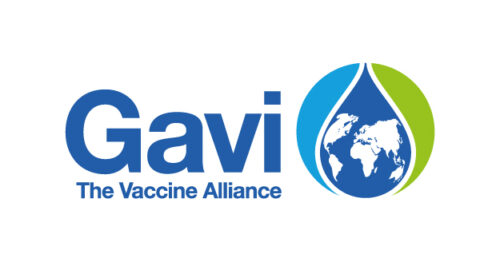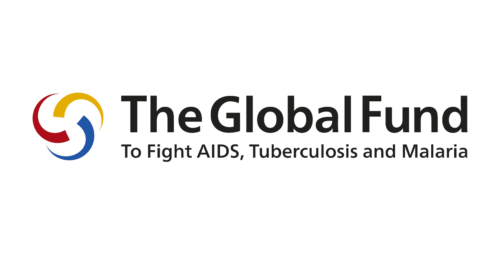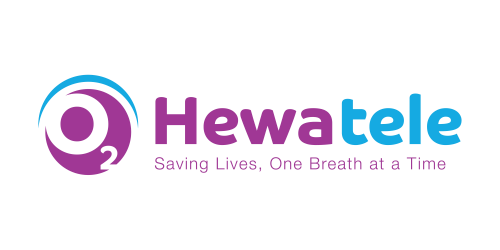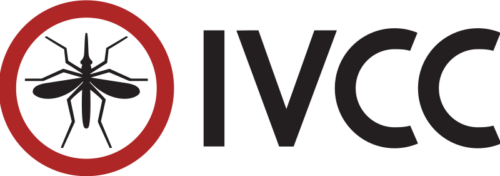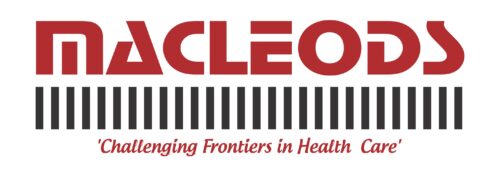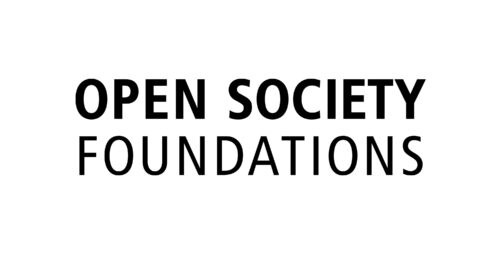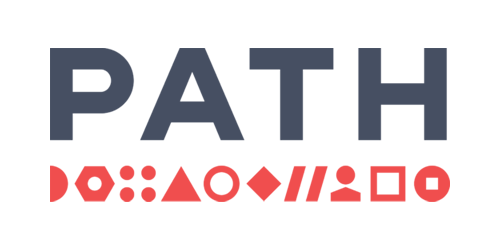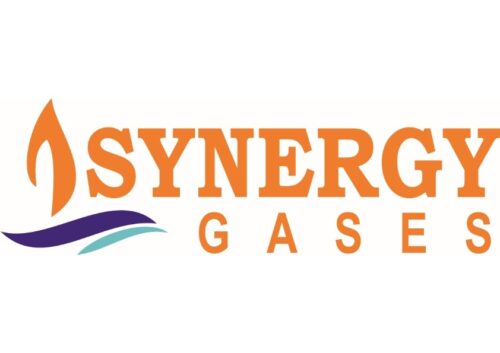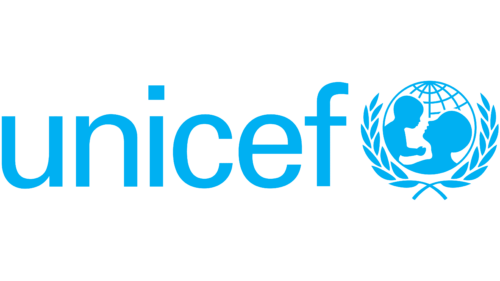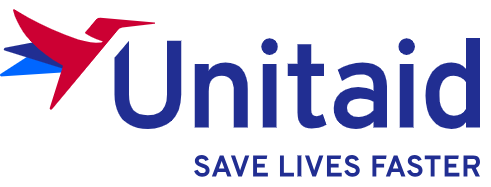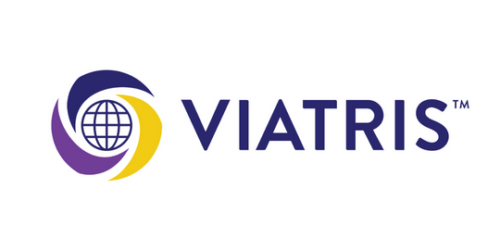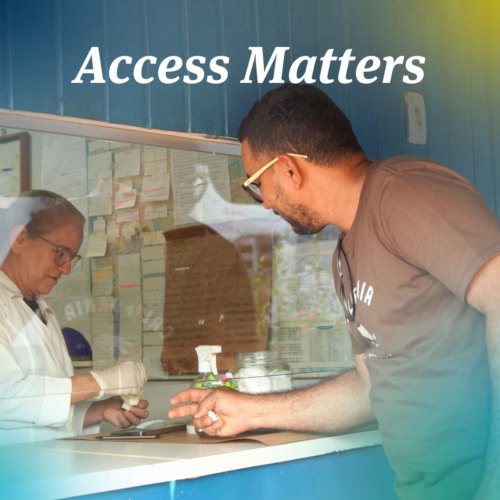First-of-its-kind regional manufacturing initiative launched to improve access to medical oxygen in sub-Saharan Africa
22 October 2024 | News
Mombasa – Today, Unitaid unveiled a groundbreaking US$22 million investment to transform medical oxygen access in sub-Saharan Africa through the East African Program on Oxygen Access (EAPOA). The initiative, driven by three leading oxygen manufacturers from Kenya and Tanzania, will significantly boost liquid oxygen production across the region, starting with new liquid oxygen production facilities in Mombasa, and Nairobi, Kenya. The Clinton Health Access Initiative (CHAI) will lead on implementation together with the Governments of Kenya and Tanzania, PATH and other development partners to ensure the programme’s success in expanding access to oxygen across the region. MedAccess will provide innovative financing, such as volume guarantees, to ensure sustainable supply at affordable prices.
Medical oxygen is a lifesaving essential medicine without substitute. It is used to treat a wide range of infectious diseases and chronic heart and lung conditions including pneumonia, COVID-19, advanced HIV infection, severe forms of tuberculosis and malaria. Oxygen is also vital for maternal and newborn survival as well as surgery, emergency, and critical care. Yet many parts of sub-Saharan Africa remain severely under-resourced. With some countries accessing less than 10% of the oxygen they need, the EAPOA initiative not only aims to tackle immediate shortages but also establishes a long-term, sustainable solution to meet the region’s growing demand for oxygen.
At the core of the new EAPOA programme is the development of a regional network of liquid oxygen production facilities – known as air separation units – strategically positioned to ensure medical oxygen reaches underserved communities. New facilities in Mombasa and Nairobi, Kenya, as well as Dar es Salaam, Tanzania, will serve as key hubs for the production and distribution of liquid medical oxygen. These facilities will not only supply their home countries but also neighbouring nations, including Malawi, Mozambique, Uganda, and Zambia, making a significant regional impact.
The programme utilises a blended financing model that combines grant funding awarded to Unitaid by Canada and Japan, and concessional loans, with support from MedAccess through volume guarantees. This approach is designed to strengthen the capacity of small- to medium-sized oxygen suppliers, including three key local manufacturers – Hewatele and Synergy in Kenya, and Tanzania Oxygen Limited in Tanzania. Together, these manufacturers will expand production capacity threefold by over 60 tons per day, enabling treatment of thousands of additional patients each month, while also lowering the price of oxygen by up to 27% across the region.
By increasing production capacity and fostering competition in the regional oxygen market, the programme builds on significant investments in oxygen equipment made in the region during the COVID-19 pandemic by Unitaid, The Global Fund, The World Bank, USAID and other partners, and will ensure that lifesaving oxygen becomes a core component of health care delivery in the region. Over the next decade, the initiative has the potential to save up to 154,000 lives in Kenya and Tanzania alone, addressing life-threatening conditions such as pneumonia, preterm birth complications, and surgical emergencies. It will also ensure that the countries in East and Southern Africa are better prepared for future respiratory pandemics through the enhanced health security that regional and local production of medical oxygen provides.
The programme is part of a broader Unitaid strategy to increase regional and local production of essential health products in Africa, in line with continental initiatives to enhance health security, such as Africa CDC’s Partnership for the Harmonization of African Health Products Manufacturing.
The Mombasa plant, one of four planned liquid oxygen facilities under the programme, broke ground today. Once operational, it will distribute medical oxygen to health facilities through an enhanced delivery network, ensuring that even remote and underserved areas receive the oxygen they desperately need. As the programme scales, these efforts will reinforce health care systems across East Africa, helping to build resilience against future health crises.
Quotes from key partners
Ministry of Health, Kenya
“The key role of medical oxygen at all levels of care cannot be emphasized. Kenya’s drive towards universal health coverage requires uninterrupted access to all health products and technologies including medical oxygen,” said Harry Kimtai, Principal Secretary of the Ministry of Health of Kenya. “We are delighted as the Ministry of Health to note that this new liquid oxygen manufacturing plant will boost availability all around the country and not just the Coast region. I congratulate Unitaid and all their partners for making funding available and providing technical support to make this possible. We look forward to working together to continue advancing initiatives that boost availability of other health products and technologies apart from medical oxygen.”
Hewatele (Kenya)
“Hewatele Limited, a Kenyan social enterprise for sustainability, is proud to be associated with the launch of the East African Program on Oxygen Access by UNITAID, Key partners, MedAccess and CHAI,” said Hewatele CEO Dr. Zulfiqar Wali. “Hewatele will launch Phase two of the liquid oxygen expansion program to further boost its capacity of medical oxygen gas manufacturing and distribution program to be supplied to health facilities within Eastern Africa.”
Synergy (Kenya)
“As a leading contributor to this initiative, we are thrilled to enhance the region’s oxygen production capabilities with our cutting-edge air separation units. These state-of-the-art facilities will substantially increase our liquid oxygen output, ensuring a reliable and scalable supply to meet the needs of healthcare systems throughout East and Southern Africa” said Synergy Managing Director Paras Pandya. By leveraging advanced manufacturing techniques and efficient distribution networks targeting last-mile delivery, we aim to lower costs while enhancing access to lifesaving medical oxygen. Our commitment to this project will ultimately revolutionize healthcare, especially access to medical gases for respiratory care and other conditions.”
TOL Gases Limited (Tanzania)
“We are proud to be part of this historic initiative that marks a turning point in oxygen access across East and Southern Africa,” said TOL Gases Limited Managing Director Daniel Warungu. With the launch of our new production facilities, we are not just increasing output; we are committing to a future where medical oxygen is accessible and reachable to every patient who needs it. This collaboration represents a vital step towards enhancing health security and saving lives in our communities. Together, we are transforming medical oxygen from a scarcity into a reliable resource for all.”
Unitaid
“The Mombasa facility is just the beginning of a larger effort to transform oxygen access across Africa,” said Unitaid Executive Director Dr. Philippe Duneton. “Medical oxygen is critical for saving lives, yet too many health facilities in this region struggle with access. By working together with Kenyan and Tanzanian manufacturers and other partners, we are ensuring that oxygen is no longer a luxury but a basic right for all patients, especially in times of critical need.”
MedAccess
“Oxygen is an essential tool for patients’ wellbeing, especially during critical care and major surgery,” said Michael Anderson, CEO of MedAccess. “This partnership will combine global and local expertise with innovative financing to expand access to medical oxygen for hundreds of thousands of people in Kenya and Tanzania. MedAccess looks forward to bringing the power of innovative finance to enable the partner companies to expand their operations and provide reliable supply of high-quality oxygen to hospitals in the East Africa region.”
Clinton Health Access Initiative (CHAI)
“The Project will focus on three main aspects ensuring its sustainability,” said CHAI Country Director and Vice President of East and Southern Africa, Gerald Macharia. “Well-placed infrastructure selected in partnership with Ministries of Health, longer-term budgeting for Liquid Oxygen supply, and the grant/loan/volume guarantees available to companies—which aim to facilitate lower pricing, patient access, and regular payment for services in the long-term.”
PATH
“Collaboration with affected communities and civil society organizations is a critical component of generating demand and addressing structural barriers to health services including medical oxygen,” said PATH Chief of the African Region Dr. Nanthalile Mugala. “PATH applauds the launch of the groundbreaking EAPOA partnership and is eager to utilize its local presence and experience to engage local communities as key partners of Africa’s first liquid oxygen regional manufacturing program.”
Note to the editor:
Understanding medical oxygen production
There are three ways to produce medical oxygen: oxygen concentrators, small, portable systems that sit by a patient’s bedside and produce oxygen for one person at a time, but can only offer low pressure oxygen flows of up to 15L per minute; PSA plants, very large, complex oxygen generators that require high amounts of electricity and pressure; and air separation units (ASU) that produce bulk liquid oxygen, which is stored in large tanks and then vaporized to gaseous medical grade oxygen and fed into a hospital system. Liquid oxygen produced by ASU plants is seen as “best-in-class” and is most commonly used in countries with robust health care facilities.
About Unitaid
Unitaid saves lives by making new health products available and affordable for people in low- and middle-income countries. Unitaid works with partners to identify innovative treatments, tests and tools; helps tackle the market barriers that are holding them back; and gets them to the people who need them most–fast. Since it was created in 2006, Unitaid has unlocked access to more than 100 groundbreaking health products to help address the world’s greatest health challenges, including HIV, TB and malaria; women’s and children’s health; and pandemic prevention, preparedness and response. Every year, these products benefit more than 300 million people. Unitaid is a hosted partnership of the World Health Organization.
About Clinton Health Access Initiative (CHAI)
The Clinton Health Access Initiative, Inc. (CHAI) is a global health organization committed to saving lives and improving health outcomes in low- and middle-income countries by enabling the government and private sector to strengthen and sustain quality health systems. For more information, please visit: http://www.clintonhealthaccess.org
About MedAccess
MedAccess is a social enterprise committed to improving health in more than 110 countries. Our mission is to cut illness and death by speeding up access to lifesaving vaccines, medicines, diagnostics and technologies for people in underserved communities. Using GBP 200 million capital from British International Investment, our agile team of global health and investment experts shapes agreements that break down the barriers preventing people from accessing medical innovations. We are independent and not-for-profit, with any operating surpluses invested into developing new agreements to accelerate access to healthcare.
About PATH
PATH is a global nonprofit organization dedicated to achieving health equity worldwide. With nearly 50 years of experience in forging partnerships across sectors and expertise in various fields, including science, economics, technology, and advocacy, PATH develops and scales up innovative solutions to tackle the world’s most pressing health challenges. Visit www.path.org for more information.
